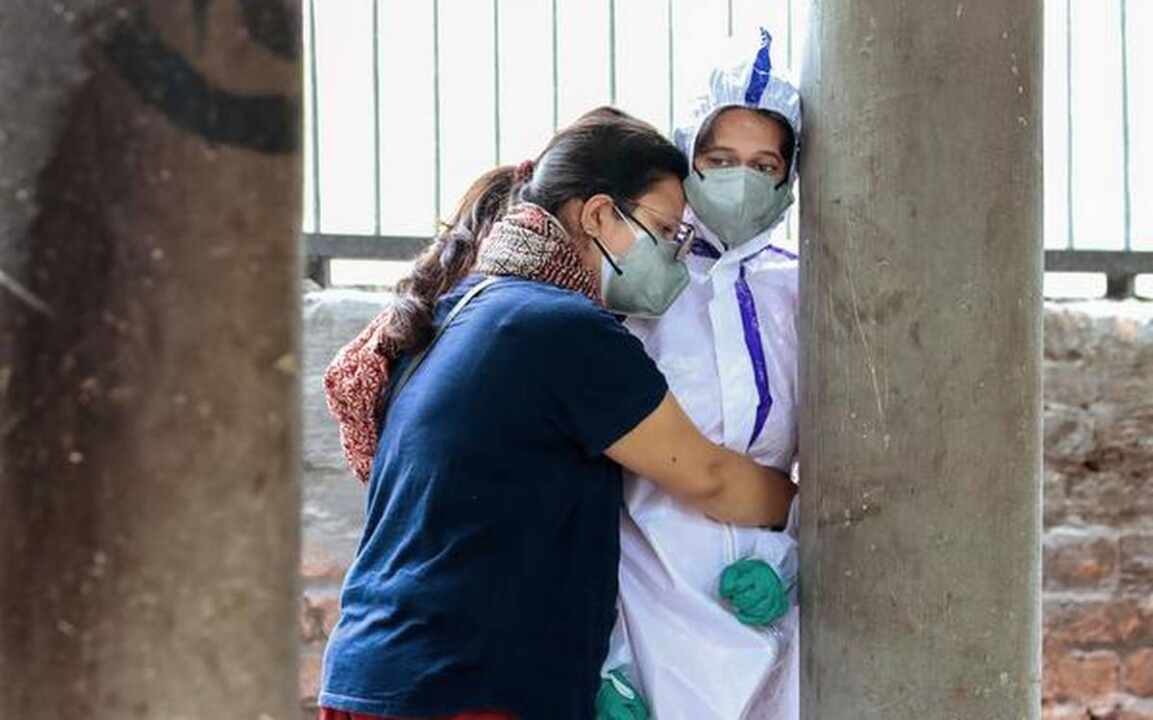A 'small' victory

On Tuesday, June 15, the Delhi High Court granted bail to Asif Iqbal Tanha, Devangana Kalita and Natasha Narwal in relation to the Delhi riots case. All three were student activists who were arrested in May last year and charged under the Unlawful Activities (Prevention) Act for their apparent role in organising the anti-CAA protests. They were accused of orchestrating a larger conspiracy to defame the government and of using the 'facade of civil disobedience' to hide their secessionist motives. In granting the bail, Justices Siddharth Mridul and Anup J Bhambhani noted the offences under the UAPA are not made out 'prima facie' against the student activists. The three were charged under Section 15 of the UAPA (Terrorist act), Section 17 (Punishment for raising funds for terrorist act) and Section 18 (Punishment for conspiracy). Given all this, the court decided that additional restrictions on granting bail for the three student activists need not apply. The three have been asked to furnish a personal bond of Rs 50,000 each, surrender their passports and to refrain from any activities that would make the case worse for them such as contacting witnesses. While delivering their ruling, the court noted that the right to protest cannot be outlawed and cannot be termed as a 'terrorist act' under the UAPA unless the specific allegations made in the charge sheet justify booking under Section 15, 17 and 18 of the act. In the case of Jamia Milia student Asif Iqbal Tanha, the court stated that the only specific act that has been alleged against him is that he handed over a sim card which was given to him by someone else to another alleged conspirator. This conspirator in turn formed a WhatsApp group to send messages regarding the anti-CAA protests. The bench noted that many of the allegations against Tanha were based on simple inferences taken too far rather than any provable allegations. Furthermore, it was noted that the CAA protests themselves were not banned and the actual protests were monitored by law enforcement agencies. Furthermore, the student organisations who were accused of playing a part in a larger conspiracy were not banned organisations. In the case of JNU scholars Kalita and Narwal, the court stated that the allegations made against them only pointed to their role in organising protests as part of the Pinjra Tod collective. The bench stated that allegations against the two in regards to inflammatory speeches, organising of 'chakka jam' and instigating women to protest can, at best, show that the two student activists intended to participate in organising protests. There is no indication that they worked to incite violence in any form or indeed committed an act or terrorism or conspiracy as covered by the UAPA. Even if it was assumed that these protests crossed the lines of peaceful protest as laid out by the Constitution, there is still no reason this would amount to a 'terrorist act'. Replying to a police argument that even acts which are likely to strike terror are covered under Section 15 of the UAPA, the court noted that the foundations of India as a nation are on a much surer footing than what a protest organised by a group of college students could shake-up. Furthermore, the court cautioned the police to not make frivolous use of the offences under UAPA as it was important to differentiate between normally criminal acts and those deemed to be 'terrorist activity'. In closing, the bench noted that the term 'terrorist activity' is vague and should, therefore, be construed narrowly and should only focus on acts that have a bearing on the defence of India and not ordinary crimes which can be dealt with under normal laws. The decision to grant bail and the observations that were given by the Delhi High Court is sure to bring a sense of relief not just to the families of the activists but also to the wider public that hoped for the courts to step in and act to restore faith in due process under democracy. But while this case has been a win for Indian democracy and the activists, the underlying issues that led to it remain. As noted by the court, the idea of terrorist activity under the UAPA is vague and allows for the act to be used to curb the freedom of speech and the right to protest, both fundamental building blocks for democracy. For decades, legal activists have sought to either do away with or revise the UAPA to curb such dangerous tendencies, citing its unconstitutional nature. But instead of being revised or pared back, the act has only been fortified in recent times with a series of amendments that only increase opportunities for this act to be used. For instance, while previously only organisations could be notified as terror groups, the current form of UAPA allows the government to unilaterally term an individual as a terrorist without allowing them to defend themselves against such a characterisation. Furthermore, even the grounds under which an individual may be termed a terrorist are left vague. It should be noted that several organisations including Amnesty International find the act to be problematic as it can, in theory, be used to punish 'thought crimes'. Though the act may have a justified purpose, its application constantly seems to infringe upon the rights of citizens. As the UAPA is used more frequently in current times, the Supreme Court needs to step in and settle the dangerous and unlawful ambiguities that UAPA allows in its application.



